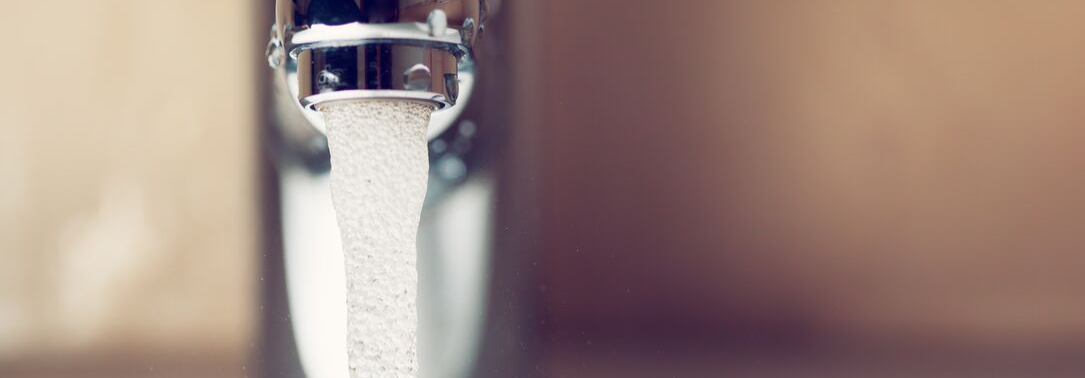Some Important Facts About Storing Water That You Should Know
- October 3, 2019
- Posted by: ptbloguser
- Category: Plastic Water Storage Tank

Water storage is essential whether for drinking, bathing, cooking, sanitation and so on. Water storage is very different from food storage and therefore it requires extra attention. Water stored needs to be protected against viruses, bacterias, dust, dirt, insects, and contamination. Contaminated water is the major reason behind several health ailments. Therefore, let us discuss some important water-storing facts.
Does Water Expire?
Water does not expire or go bad, but it can get contaminated(chemically or biologically). The stale taste of water can be removed by rotating and purifying water. If the water storage container is in a good working condition i.e. water stored in a cool and dark place, not directly on concrete or near harsh fumes and chemicals, water can be stored indefinitely. Water exposed to direct sunlight will cause algae to grow which is considered harmful for human consumption. Therefore, a good quality water storage tank plays a crucial role in determining the quality of water that is stored inside to be used in the future for all household needs.
Is it Safe To Store Water In Any Plastic Container?
Plastic has a nature of absorbing colours and flavours very easily and therefore any ordinary plastic container is not recommended to store water. Water can quickly take in the chemical taste and become unsafe to drink. A plastic container or plastic water storage tank made from high-quality polyethylene material such as linear low-density polyethylene is ideal for water storage as it is BPA free and made from food-grade material. Do not reuse disposable water bottles, which is a common practice in India.
Can Water Barrels Be Stacked To Save Space?
Most water barrels are not built to stack on each other. They are safe to store standing and avoid to store barrels on cement or the floor in the garage. Instead, place it on top of wood board or cardboard so that smell and chemicals do not leach in. If you want to save space just like you save water, consider plastic water tanks.
Is A Water Filter Needed Even If The Water Is Treated Well?
Water purifiers like chlorine dioxide kill 99.9% of all microorganisms such as protozoa, bacteria, and viruses in the water. However, it won’t remove turbidities such as dirt, silt, floats, and other chemicals from the water. Therefore, a purifier and filter together work best to remove all water contaminants from the water. Water is safe and clean to use after passing through both.
Therefore, follow the above to get safe and clean water for daily household uses.
